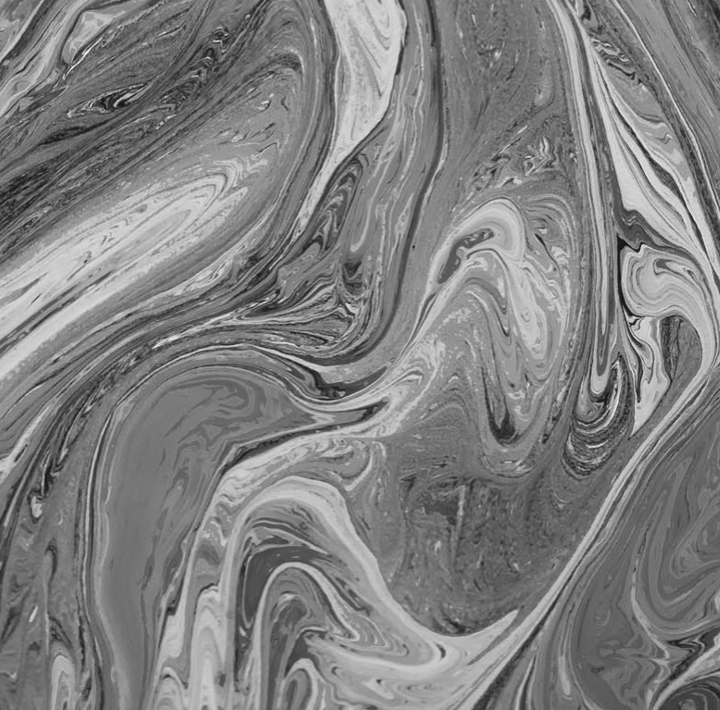If you’re asking this question then you may be considering doing the clean-up yourself?
If it’s very clear exactly where the oil spill is and where oil has got to, and you have the capabilities then doing it yourself may be quicker and cheaper, and potentially only ever so slightly riskier. There is no doubt that if a spill is addressed immediately then you have a much greater chance of reducing damage caused from the spill, for example allowing oil to get into a drain while waiting around for your response contractor will likely cause more damage than if you act and block the drain / mop up the oil.
It’s not uncommon for spill contractors to end up on a site where the site manager decided it was worth the risk not to act on a spill / to only carry out clean up of the obvious contamination, meanwhile oil has gone into the ground, migrated to a water course, and the regulators have arrived at their door with a list of damages caused from contamination arising from their actions. Now that contamination has spread, the damage is exponential to that which would have happened if a contractor had been called out immediately, the costs of clean up have increased similarly, not to mention the legal implications.
Spill contractors cost money but they will limit your liabilities from a spill incident!
You can get your staff trained in basic spill response – see more here, or show you’re prepared by having a contractor on your emergency preparedness plan.
Take some action, or you can get fined like this company did.
2022
Visit our oil spill clean up guide
Here we present answers to lots of your questions about Oil Spill clean up. We also cover prevention, health and safety, clean-up, as well as response plans and spill response services.
CHECK IT OUT




